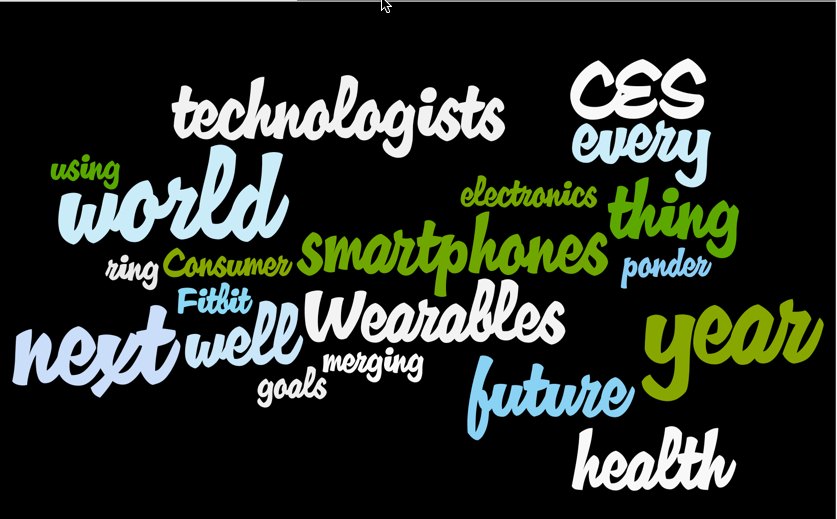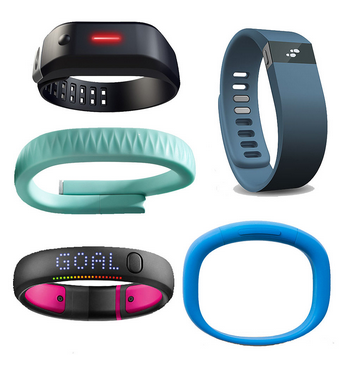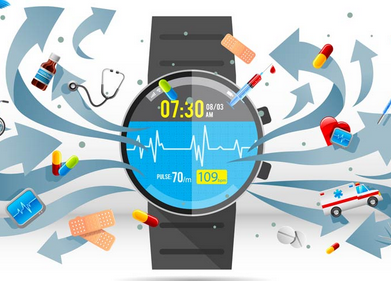myHIN Blog

January 25, 2015
Not Another Wearable Technology
As smartphones have become more commonplace in today’s society, technologists have been in search of the next big thing. We’ve gone from adding touchscreens to everything (home appliances, car infotainment systems) to using gestures to interact with the world around us -- think the Minority Report.

After all, the future world we live in is just a guess or figment of the imagination. This magical nature of tomorrow is on display every year at the Consumer Electronics Show (CES) down in desert plaid Las Vegas. Where high rollers shell out tons of money on personal bets and invest in small start-ups that hail from all over the world. The comos surrounding CES has been a bit different the past few years, as more savvy players have introduced hardware at the center of their enterprise. Wearables, the heir to smartphones are slowly sweeping the conference floor. From recognizable names like Fitbit and Pebble to up and comers with Android Wear as their understudy -- every manufacturer has tossed their hat in the ring.
Besides telling the time, they all claim to do one thing well: help you reach your fitness goals.
- track steps
- take pulse
- measure blood pressure
- monitor heart rate

That was last year!
In 2015 the trend is now shifting towards real health applications:
- diagnose skin cancer
- examine menstrual cycle
- tell how well your lungs are working
- transmit physiological information to doctors
- treat depression
- and so much more…

With electronics and health care merging together ever so slightly, technologists will no longer have to ponder about what’s next. Wearables will cement the next revolution that is as fashion forward as it is helpful in quantifying your life.
Stay tuned to @myhealthimpact for more discoveries and technology driven solutions to a healthier future.
Share
Comments
comments powered by DisqusIn Partnership with: Poole College of Management, College of Humanities and Social Sciences, National Science Foundation, Penn State
Take Action, Get Tested: Find Your Local Testing Center Why Get Tested?
